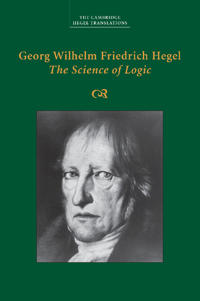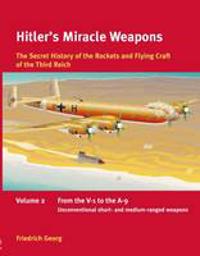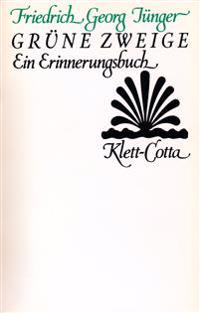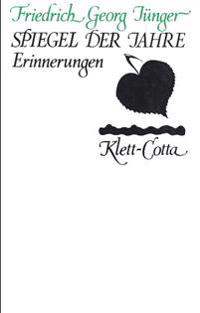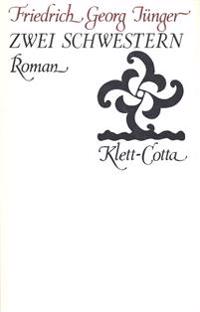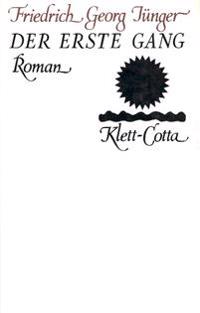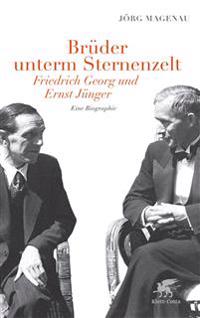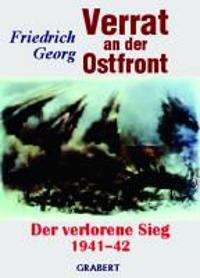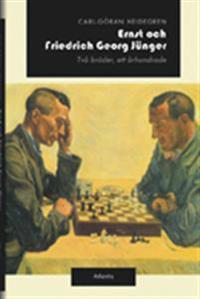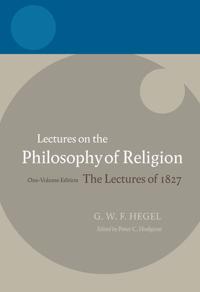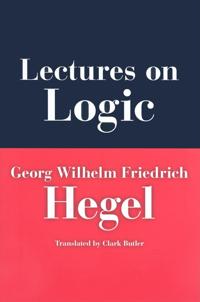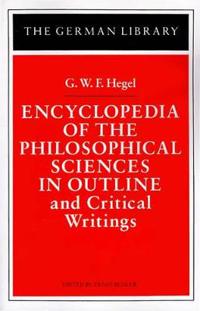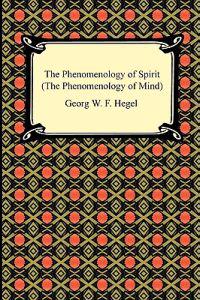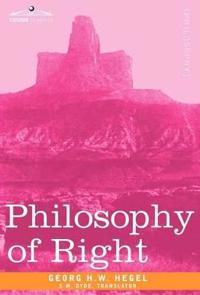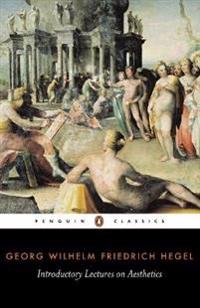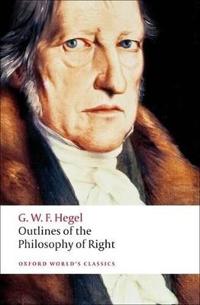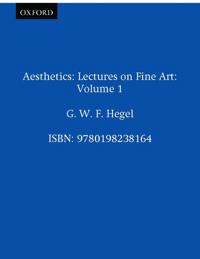Georg Wilhelm Friedrich Hegel: The Science of Logic (Häftad)
avGeorg Wilhelm Fredrich Hegel
ISBN: 9781107499638 - UTGIVEN: 2015-02This translation of The Science of Logic (also known as 'Greater Logic') includes the revised Book I (1832), Book II (1813) and Book III (1816). Recent research has given us a detailed picture of the process that led Hegel to his final conception of the System and of the place of the Logic within it[...]
Georg Wilhelm Friedrich Hegel (Pocket)
avHans Friedrich Fulda
ISBN: 9783406494451 - UTGIVEN: 2003-03Niemand hat entschiedener und mit größerem kognitiven Pathos "seine Zeit in Gedanken erfaßt" als Georg Wilhelm Friedrich Hegel (1770-1831). Hans Friedrich Fuldas Einführung in Leben und Werk des Hauptvertreters des Deutschen Idealismus will den authentischen Hegel präsentieren und möglichst ge[...]
Hitler's Miracle Weapons (Häftad)
avFriedrich Georg
ISBN: 9781906033439 - UTGIVEN: 2009-08Following on from the success of volume 1, Friedrich Georg's second book in the series covers unconventional short- and medium-range weapons. In particular, this volume includes a wealth of information about the V-rocket programme, not just the more familiar V-1 and V-2, but special variants of thes[...]
Die Perfektion der Technik (Häftad)
avFriedrich Georg Jünger
ISBN: 9783465040941 - UTGIVEN: 2010-02Im tiefen Granit. Nachgelassene Gedichte (Inbunden)
avFriedrich Georg Jünger
ISBN: 9783608952209 - UTGIVEN: 1983-01Corporate Collections (Inbunden)
avFriedrich Georg Conzen, Olaf Salie, Gerard Goodrow
ISBN: 9783942597227 - UTGIVEN: 201205Ernst och Friedrich Georg Jünger : två bröder, ett århundrade (Inbunden)
avCarl-Göran Heidegren
ISBN: 9789173534437 - UTGIVEN: 201108Bröderna Ernst och Friedrich Georg Jünger var samtidsvittnen som iakttog, uttydde och kommenterade 1900-talet i dess olika faser och händelseförlopp. Bådas liv och verk utgör i mångt och mycket en löpande kommentar till det gångna århundradet. Ernst Jünger är idag den mera kände av dem,[...]
Lectures on the Philosophy of Religion (Pocket)
avGeorg Wilhelm Friedrich (EDT) Hegel, Peter C. (EDT) Hodgson, Georg Wilhelm Friedrich (EDT) Hegel
ISBN: 9780199283521 - UTGIVEN: 2006-12The Hegel Lectures Series Series Editor: Peter C. Hodgson Hegel's lectures have had as great a historical impact as the works he himself published. Important elements of his system are elaborated only in the lectures, especially those given in Berlin during the last decade of his life. The original [...]
Lectures on Logic (Inbunden)
avGeorg Wilhelm Friedrich (EDT) Hegel, Clark (EDT) Butler, Georg Wilhelm Friedrich (EDT) Hegel
ISBN: 9780253351678 - UTGIVEN: 2008-07Georg Wilhelm Friedrich Hegel gave many lectures in logic at Berlin University between 1818 and his untimely death in 1831. Edited posthumously by Hegel's son, Karl, these lectures were published in German in 2001 and now appear in English for the first time. Because they were delivered orally, "Lec[...]
Encyclopedia of the Philosophical Sciences in Outline and Critical Writings (Pocket)
avGeorg Wilhelm Friedrich Hegel, Ernst (EDT) Behler, Georg Wilhelm Friedrich Hegel
ISBN: 9780826403407 - UTGIVEN: 1991-04Hegel's system of philosophy was not only the leading form of metaphysics during his lifetime, but it has taken on increasing significance in our own time. The main element in this compact collection of Hegel's thought is an eagerly awaited new translation of one of the most influential works of tho[...]
The Phenomenology of Spirit (The Phenomenology of Mind) (Pocket)
avGeorg Wilhelm Friedrich Hegel, J. B. Baillie, Georg Wilhelm Friedrich Hegel
ISBN: 9781420934137 - UTGIVEN: 200901Philosophy of Right (Inbunden)
avGeorg Wilhelm Friedrich Hegel, S. W. (TRN) Dyde, Georg Wilhelm Friedrich Hegel
ISBN: 9781605204253 - UTGIVEN: 2008-11Introductory Lectures on Aesthetics (Storpocket)
avGeorg Wilhelm Friedrich Hegel
ISBN: 9780140433357 - UTGIVEN: 199305No philosopher has held a higher opinion of art than Hegel, yet nor was any so profoundly pessimistic about its prospects despite living in the German golden age of Goethe, Mozart and Schiller. For if the artists of classical Greece could find the perfect fusion of content and form, modernity faced [...]
Outlines of the Philosophy of Right (Häftad)
avGeorg Wilhelm Friedrich Hegel
ISBN: 9780192806109 - UTGIVEN: 200807What is rational is actual and what is actual is rational. Hegel's Outlines of the Philosophy of Right is one of the greatest works of moral, social, and political philosophy. It contains significant ideas on justice, moral responsibility, family life, economic activity, and the political structure [...]
Aesthetics (Häftad)
avGeorg Wilhelm Friedrich Hegel
ISBN: 9780198238164 - UTGIVEN: 199810In his Aesthetics Hegel gives full expression to his seminal theory of art. He surveys the history of art from ancient India, Egypt, and Greece through to the Romantic movement of his own time, criticizes major works, and probes their meaning and significance; his rich array of examples gives broad [...]

